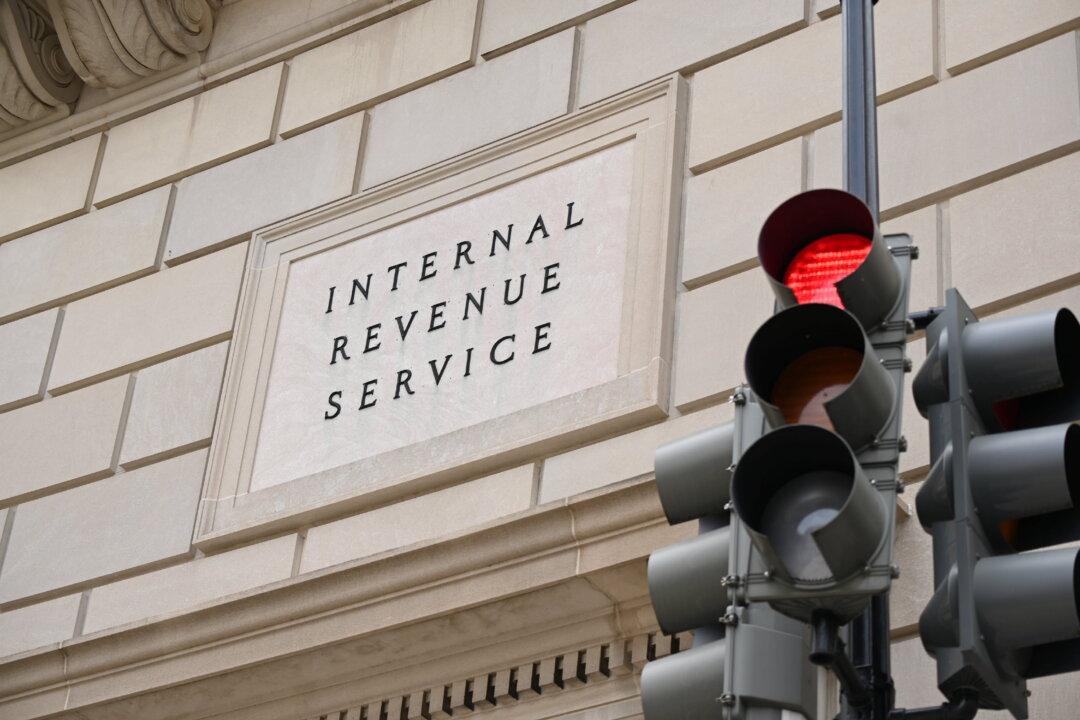A businessman who was fined almost $1 million for failing to report a foreign bank account is asking the Supreme Court to review the ruling by a lower court.
The appeal comes after the Biden administration’s attempts to strengthen IRS enforcement efforts became an issue in the midterm congressional elections. The Inflation Reduction Act, which President Joe Biden signed into law in August, allocated almost $80 billion to the IRS over the coming 10 years to hire an extra 87,000 agents. Democrats say the IRS has long been underfunded, but Republicans say the extra money will be used to harass taxpayers. Republicans, who will become the majority in the U.S. House of Representatives next week, have vowed to rescind the funding.





